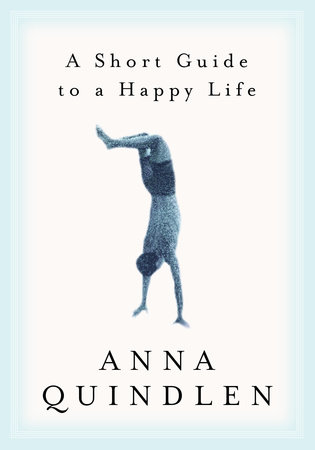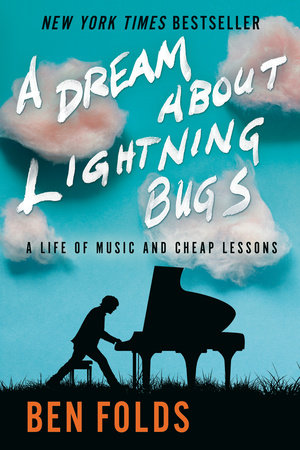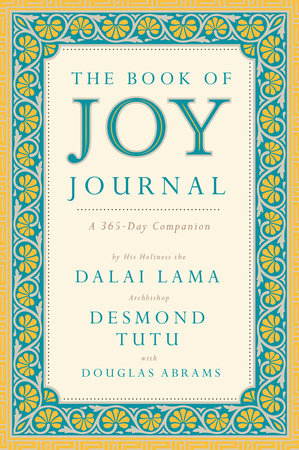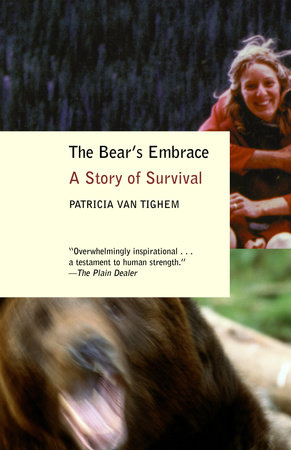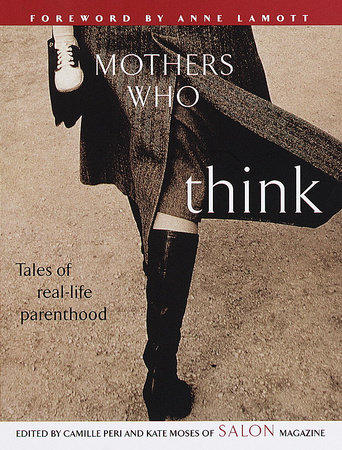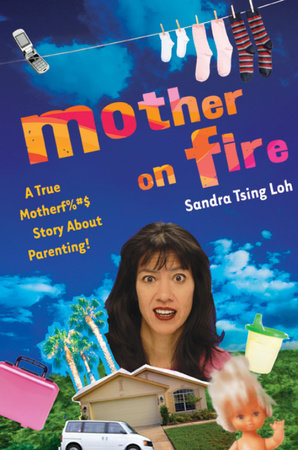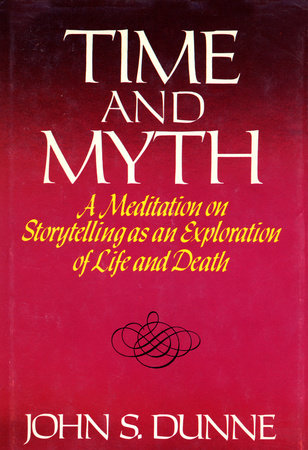Q: This book was inspired by a commencement speech you gave to a graduating high school class. Why did you choose the topic of happiness, as opposed to more familiar topics, like civic achievement and academic excellence? Is the advice given in the book something you think you needed to hear at the same age in your life?
A: I know lots of people of great accomplishment who seems to take precious little pleasure in that accomplishment. And I know people of achievement who seem to have let friendship and family fall by the wayside. So I believed that young people were growing up in a culture in which they heard over and over again that they would want to accomplish great things but were not hearing enough that they would want to appreciate the small ones. It’s a lesson I learned early in life, but which I’ve kept on learning. In fact one of the things I said to the graduate was that they might not appreciate what I was saying as they sat there, but that perhaps my sentiments would come back to them at some time when they really needed them. Their parents, however, came up to me afterwards and said they wished they’d heard this message many many years before.
Q: Throughout A Short Guide to a Happy Life, you mention many people, but in particular your mother. Why do you think it was the loss of you mother that taught you about true happiness, and how do you think you pursued happiness before her death? What role does family and close friends play in a happy life?
A: I have attended several memorial services in recent years at which family and friends noted that the deceased has understood what really mattered in the face of terminal illness. That’s so sad. That’s a knowledge we would have long before we get a bad biopsy results. But of course I know that that’s how I understood the importance of living life to the fullest, from watching my mother lost it by inches. She wasn’t clinging to life so that she could write a bestseller, or make a million bucks. She just wanted to watch the sun come up one more time, or to hug my little sister, or to listen tot “South Pacific” on the stereo. And that teaches you something. It teaches you that so much
Of what you take for granted is the bedrock of happiness. You know, one of the most affecting scenes in any ply for me is when Emily is watching the mourners at her own funeral in “Our Town.” And she asks the other dead around her whether living people ever understand how wonderful life is. And one of them replies, “That’s what it was to be alive. To move about in a cloud of ignorance; to go up and down trampling on the feelings of those about you. TO spend and waste time as though you had a million years.” I refused to live with that inevitability.
Q: Who are the people in your life who have informed your thinking on what’s important in life most?
A: Well, certainly my mother, who was a humble woman with a great capacity for unconditional love. And now my kids. Because you can reexperience the world through the eyes of your kids, whether it’s the first time they catch a fish or dive off the board, or read To Kill a Mockingbird.I feel infinitely more alive and aware of the world since I had children to show me the way. I could never do enough to repay them for that. (And, no, honey, you can’t have a motorcycle!)
Q: Several times in the book you quote writers, like Gwendolyn Brooks, and you incorporate their wisdom about life into your own. Which writers and books have influenced you the most and helped you to form your own philosophy about living?
A: Reading is another thing that has made me more human by exposing me to worlds I might never have entered and people I might never meet. Actually it’s poetry that more than any other form makes me fell the quiet overwhelming joy that points the way to emotional satisfaction. Yeats, for example, whose poem I used for the dedication to “Thinking Out Loud.” Elizabeth Bishop. William Carlos Williams. John Ashbery. Robert Lowell. Sometimes you read a novel and it’s like a symphony playing in your head, Anna and Vronsky and all the rest, the rich tapestry of Faulkner’s language. And it takes the one f two perfectly placed words in a short poem to pick out the truth on the strings of your violin-heart. How’s that for an overwrought metaphor?
Q: How has your own writing contributed to your happiness and satisfaction with your life, both in a day to day way and in general?
A: There’s no greater happiness than doing something every day that you love, that you feel you do in a satisfactory fashion, and which both supports and gives you time to support your family. I fell so lucky to have all that. But I am also happy that it provides me a measure of immortality with the people I love most. When I am gone my children will be able to sit down and read A Short Guide to aHappy Life and remember me, and remember what I cared about and held most dear. That’s enormously soothing.
Q: Beautiful, happy, and uplifting photos appear throughout A Short Guide to a Happy Life, and they capture what you are saying perfectly. When choosing these photos, what were you looking for? What role has art played in your own life, and how do you think it contributes to the pursuit of happiness?
A: Louis Armstrong once said when someone asked him to define jazz, if you have to ask, you’ll never know. I just knew that these pictures belonged. Cal lit a chemical reaction. Their emotional content just seemed consonant with that of the book.
Q: Many of these photographs are of beautiful landscapes or people surrounded by nature. What role has nature played in understanding of happiness? Why do you think it is such an apt metaphor for rediscovering the wonder of life?
A: There’s an Emily Dickinson poem — now that I’m on the subject of poetry — that ends with the words, “How much can come/and much can go/ and yetabide the world!”. That has something to do with it, that sense of clinging to what will remain after we are gone.
Q: In the book, you stress the importance of women realizing and being thankful for being able to be alive during such a healthy, prosperous and peaceful time. Women now seem to have more opportunity than ever to pursue their dreams. Of what importance are issues of women’s’ rights to you? Has your involvement in women’s issues in the community contributed to your own happiness? What role does community service play in happiness? Is giving back a necessary part of true happiness?
A: I’ve been a feminist since I was a teenager, but originally it was because I wanted to make the world a better place for me. Now I just rejoice in the opportunities for so many. What could make you happier than to make a better world, a world that is fairer, more egalitarian, that works better for all.
